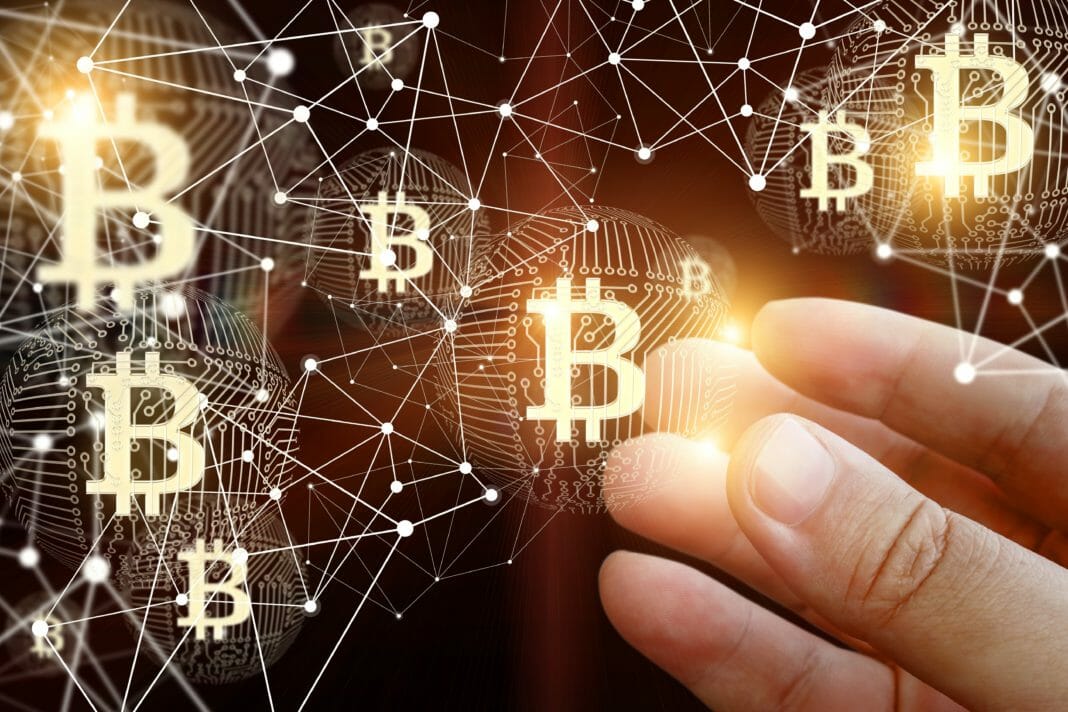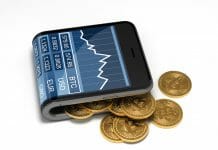This technology allows customers to know the origin of food and everything related to its supply chain.
A technology as relatively new as blockchain is helping to track a product as ancient and important as coffee. As mentioned in previous news, different companies around the world are using Distributed Ledger Technology (DLT) for food traceability.
In this way, blockchain technology would make possible the sustainable development of products as important as coffee and would also help prevent counterfeiting of this type of product.
Preventing counterfeiting of products is possible thanks to blockchain technology, which allows registering products from the moment of harvest and tracking all the information on their distribution until the products reach the table of the restaurant, and customers taste their flavor and aroma.
Food traceability is now a real, simple, and straightforward process. The client who wants to obtain the information about the origin of the product, that he will buy, would only have to scan the QR code that appears on the product packaging.
By scanning the code, the buyer will know everything about the coffee bean supply chain to consume. This is possible thanks to the fact that blockchain technology will allow storing the data that workers enter in the platform, thanks to the execution of smart contracts that will validate the origin of the product quickly and immutably.
Use Cases
One of the platforms that take advantage of blockchain technology in the world of coffee is the mobile application called Thank My Farmer, which stores information thanks to blockchain technology. In this way, it manages to help almost the entire industry.
The traceability platform Farmer Connect was in charge of the development of this product. Currently, the National Federation of Coffee Growers of Colombia takes advantage of the potential of IBM Blockchain through Thank My Farmer.
Besides, the Toks Restaurant chain in Mexico uses the Simba Chain smart contracts platform to register and track the coffee that Toks has bought, processed, packaged, and sold. The objective is to ensure the quality of its coffee supply chain and thus differentiate the products it sells from the rest of the market.
In this case, SIMBA Chain Smart Contract as a Service (SCaaS)works with some of the most popular blockchain platforms in the ecosystem such as Ethereum, RSK, Stellar, and Hyperledger, among others.
Currently, the use of blockchain technology in the food sector continues to expand, even more, in the case of food traceability. This even happens with some formulas of infant formula.
According to recent data from the WikiBrands firm, the blockchain market could grow at an annual rate of 68%. This increase in the use of blockchain technology could occur at an average of five years, generating more than USD 1 trillion of estimated earnings for the year 2025.
The experts also considered that the post-Covid-19 times would not only make more companies decide to use blockchain but also more companies use blockchain technology as a tool to store information securely. Besides, blockchain would help in the traceability of products in general, especially food. This action shows that the expansion and adoption of blockchain technology continues, despite the pandemic.
By María Rodríguez










